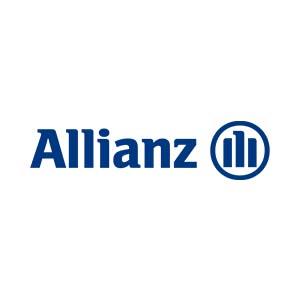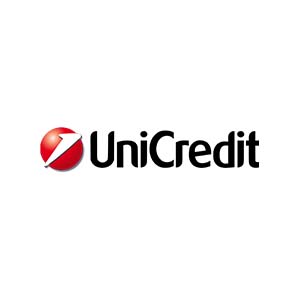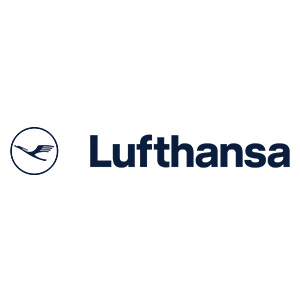✓ Financial mathematics & statistics: calculation of interest, pensions and depreciation, risk and probability models, statistical methods for financial data analysis
✓ Accounting & controlling: financial reporting and analysis, international accounting (IFRS, HGB), strategic controlling
✓ Financial technology (FinTech): introduction to digital tools and technologies, blockchain and cryptocurrencies, automated trading platforms
✓ Law & Regulation: Financial law and compliance, regulations such as Basel III and MiFID II, ethics and sustainability in the financial sector
✓ Practical projects: analysis of financial reports, simulation of investment decisions, practical projects with banks or companies
✓ Specializations: financial engineering (financial models and new instruments), behavioral finance (psychological aspects of investments), financial data science






























